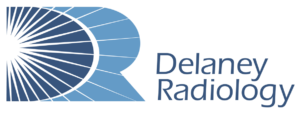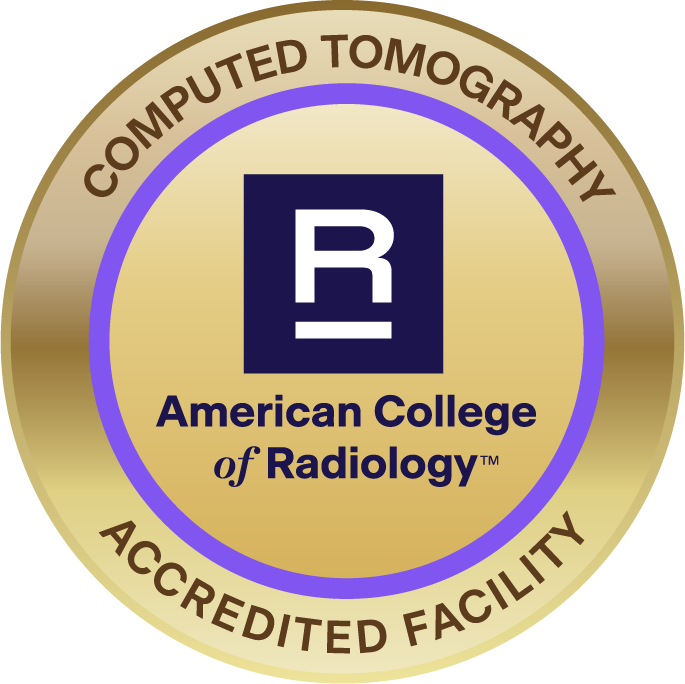Getting a CT Scan at Delaney Radiology
What is a CT Scan?
CT scans (computed tomography), which are also known as CAT (computerized axial tomography) scans, combine X-ray imaging with computerized image processing to create highly detailed images, “slices” of tissues at different depths in the body.
Doctors may order a CT scan for a variety of diagnostic purposes, such as:
- Finding areas of internal bleeding or organ damage in patients who have suffered trauma
- Diagnosing a stroke or identifying its causes
- Detecting tumors
- Cancer diagnosis, staging, treatment planning, and treatment monitoring
- Imaging blood vessels
- Heart disease screening or diagnosis
- Interventional-radiology procedures, such as image-guided biopsy or drainage
- Diagnosing and analyzing complex bone fractures or abnormalities
- A procedure called an Arthrogram may also be used. Arthrography—X-ray guided injection of anesthetic and contrast agent into the joint of interest. The purpose is to better image the internal anatomy of the joint for more accurate diagnosis and surgical planning.
Schedule
AN APPOINTMENT


